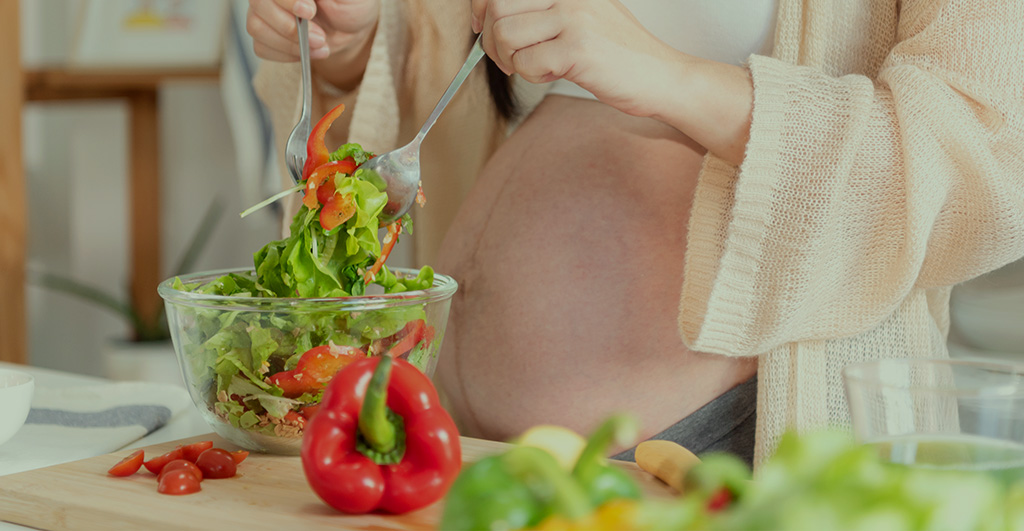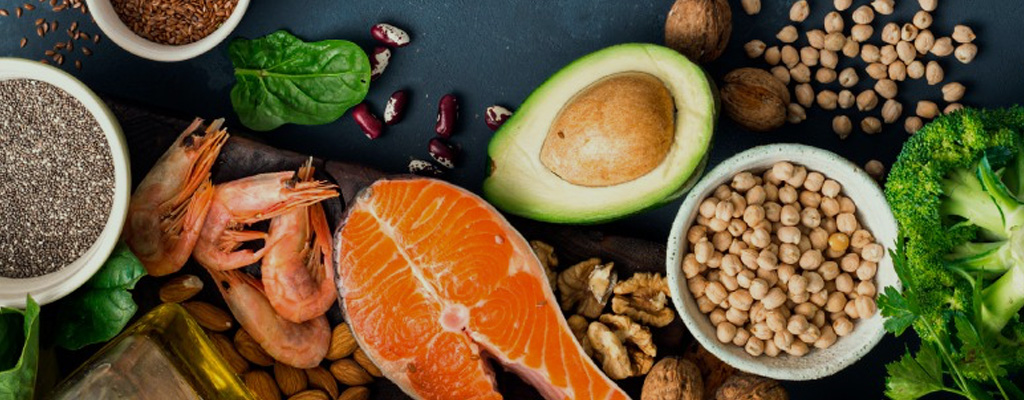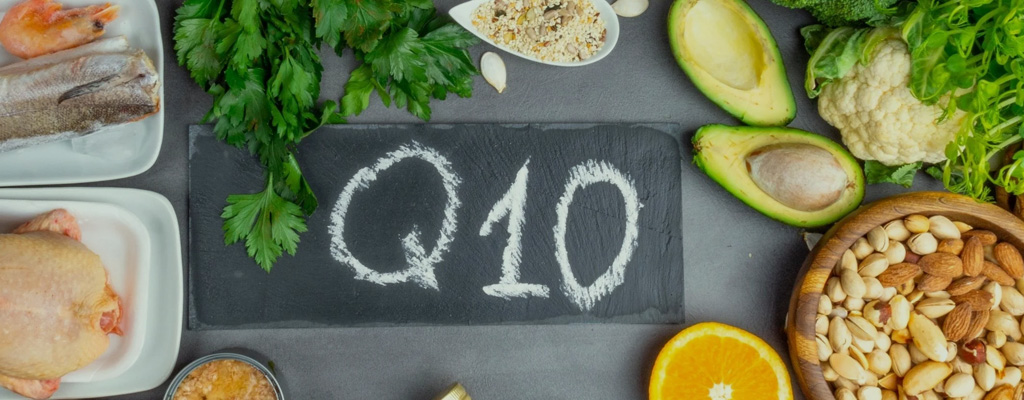
Some people may wonder how the food they eat affects their ability to conceive. While it is important to acknowledge that the healthiest of diets can’t cure the serious medical conditions (for example, fallopian tube blockage) that cause infertility; but when you are trying to conceive, you want your diet to be at its best.
What you eat now can influence both egg and sperm health, which will impact your chances of conceiving, and also the future health of your baby when you conceive. Egg health is very important as the egg will contribute 23 chromosomes to an embryo, to create life.
When you go through fertility treatments, the specialist will identify which of your eggs are the healthiest. But the goal is to help make all of the eggs as healthy as possible, and that is possible through diet. It takes around 3 months for eggs to mature, so optimising your diet for at least 3 months before egg collection will be ideal.
The quality of the sperm can also have a profound impact on both growth and disease risk of the baby. Men with a higher body fat are more likely to have sperm with higher levels of DNA damage, and may have babies with a high fat mass at birth. Consequently, a healthy egg and sperm are essential for a healthy pregnancy and healthy baby.
When it comes to minimising damage and oxidative stress for egg health, and improving the quality of sperm; emerging evidence suggests that there are some key dietary factors that play a key role:
1.Omega-3s

Research suggests that omega-3s can play a role in improving egg quality and delay ovarian ageing, especially for older women.
As women approach menopause, their follicle-stimulating hormone (FSH) levels increase, which impacts and accelerates ovarian ageing. In men, omega-3s also support healthy sperm count, motility, and morphology.
Research has also shown an association between dietary intake of Omega-3s and an increased probability of pregnancy following IVF in, for example, improved embryo quality.
What about supplements?
Omega-3 supplements such as fish oils, or flaxseed oil, are useful to supplement omega-3 intake. Though dietary intake has strong evidence from research on improving fertility, the same may not apply to supplements as research is dose-specific, and there are many supplements with differing omega-3 content in the market.
The dosage, quality and concentration of DHA/EPA (types of omega-3s) present in the supplement matters.
There is strong research evidence for 2,000 – 4,000mg of omega-3 supplement intake to help improve fertility. Choose supplements that have been purified from heavy metals, and with a high concentration of DHA/EPA fatty acids inside.
2. Coenzyme Q10 (CoQ10)

CoQ10 is synthesised in the body; it can be found abundantly inside sperm and egg cells, and it is important for cellular energy metabolism, as well as being an effective antioxidant. Antioxidants can help fight against free radicals that may build up in the body and cause oxidative stress; free radicals can also cause damage or death to cells.
Sperm and egg development and maturation are complex, require lots of energy, and are subject to oxidative damage. Maternal ageing and diminished ovarian reserve are amongst 2 of the most well-researched pathogenetic mechanisms in female infertility, and both are related to oxidative stress.
Levels of CoQ10 also decrease as you age, which reduces the protection from oxidative damage to both sperm and egg. Research shows that suboptimal levels of CoQ10 can lead to oocyte deficits and age-associated declines in fertility.
Boost your CoQ10 intake naturally with wholegrains, oily fish (e.g. tuna, salmon, mackerel, sardines), canola oil, pistachios, sesame seeds, and organ meats (e.g. kidney, liver). As CoQ10 is fat-soluble, it is recommended to take your meal with healthy fats. You may cook your food with canola or olive oil, sprinkle sesame seeds on your food, or include smashed avocado in your tuna sandwich.
If you are on medications, do consult with a medical practitioner before taking CoQ10 supplements as there could be potential interactions with some medications.
3. TCM Diet
For the best chances at fertility, it is important not to neglect the impact that an imbalanced body constitution may have on fertility. Read here to find out how your body constitution affects fertility. A TCM diet targeted towards your body constitution helps to address imbalance, nourish your body, and prepare your body for pregnancy..
Some examples (non-exhaustive) of imbalance in your body’s organs that could affect fertility, and the foods that you can eat:
Kidney-Yin deficiency
Include barley, black sesame seeds, black beans, eggs, kidney beans, mushrooms, seaweed, berries, Chinese pear, walnuts, duck, flaxseed oil and olive oil.
Avoid sugar and sweet foods, dairy, caffeinated beverages and alcohol.
Kidney-Yang deficiency
Include cooked foods and foods with a warm energy such as quinoa, millet, leek, onion, squash, asparagus, sweet potato, ginger, garlic, strawberries, raspberries, pistachios, walnuts, seafood and red meat (lamb, beef).
Avoid cold and raw foods, e.g. salads, sashimi, sushi, cold beverages, and cold desserts.
Blood and Qi deficiency
Include ginseng, orange peel, liver, red meat, figs,and black sesame seeds.
Blood and Qi stagnation
Include variety of fruits and vegetables, spices to boost
Qi and blood includes coriander, turmeric, and peppermint
Liver Qi stagnation
Consume plenty of wholegrains, legumes, vegetables (especially dark leafy green vegetables such as kale, mustard greens, kai lan, broccoli.
Avoid caffeinated drinks (coffee, tea, cola drinks, hot chocolate), fried and oily foods, red meat, hot and spicy foods, chocolate, dairy, chips.
Phlegm and dampness
Include kidney beans, mushrooms, sesame seeds, celery, Chinese barley, seaweed and green tea.
Avoid greasy and oily foods, sugar and sweet foods, dairy and alcohol.
If you are considering fertility treatments, the first step is to prepare your diet as you would for pregnancy. This could mean:
- Getting a blood test to check your nutritional markers
- Optimising your weight
- Starting the correct nutritional supplements
- Managing any dietary conditions that you may have.
A registered dietitian will be able to provide you with individualised advice about all of these first steps that is just right for you.

